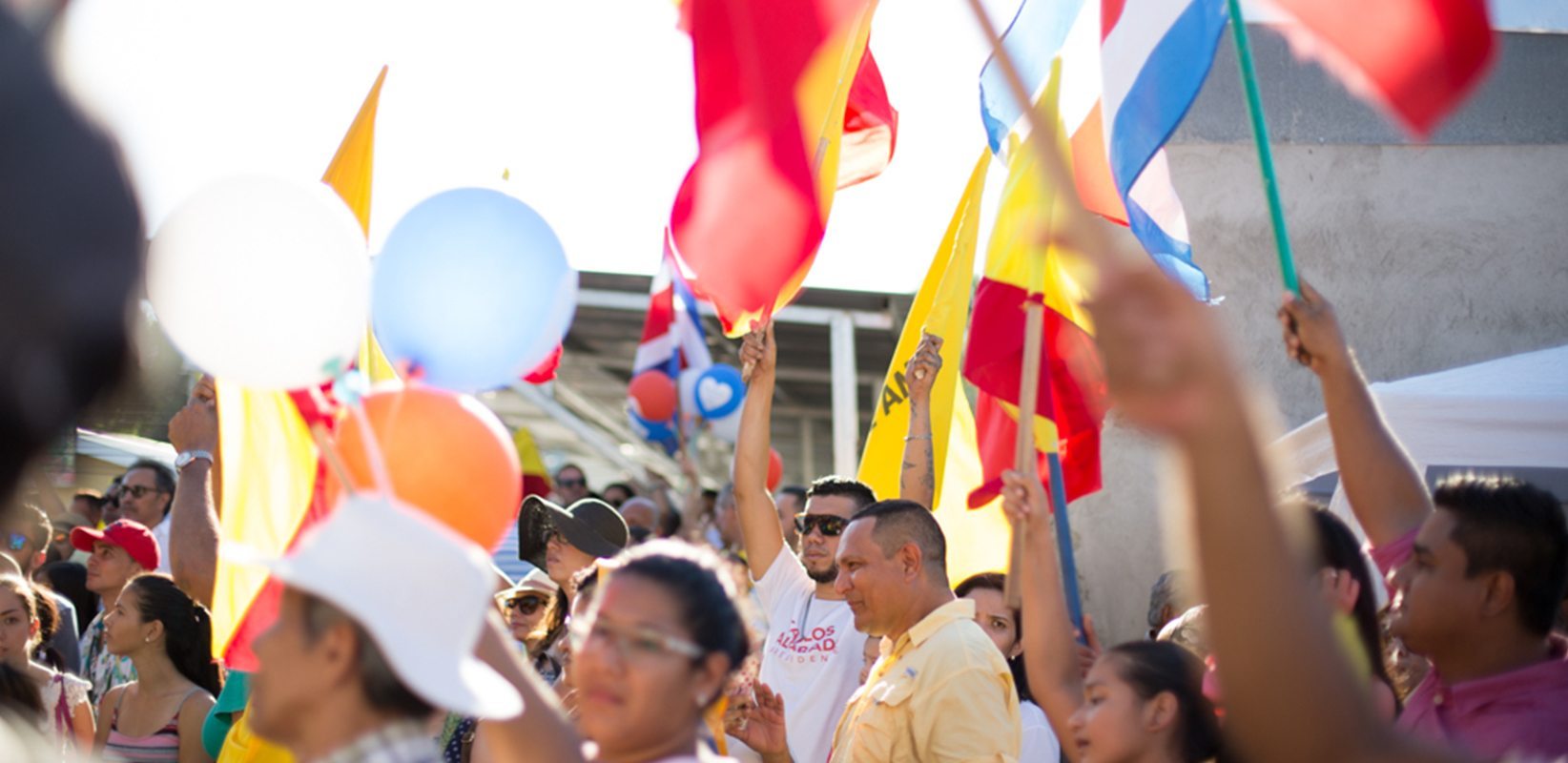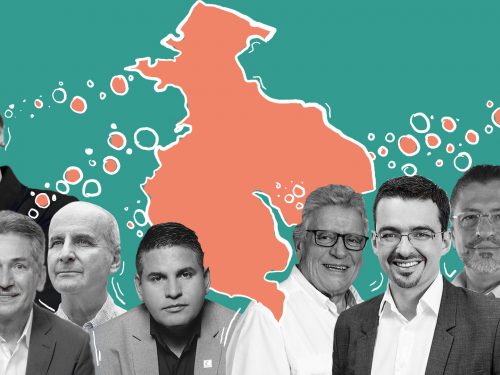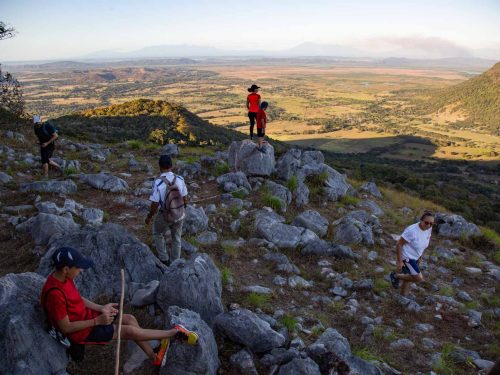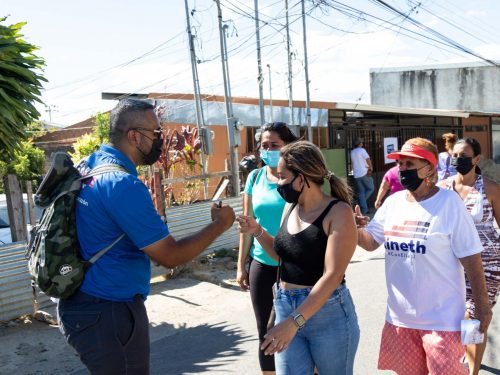
The new president of Costa Rica, Carlos Alvarado Quesada, got 60,000 Guanacastecas who didn’t support him in the first round to vote for him yesterday, Sunday, April 1.
In other words, the majority of voters who originally cast ballots for PUSC, PLN, PIN and other parties (some probably abstained) that didn’t reach the second round decided to support Carlos Alvarado.
This is according to an analysis done by The Voice of Guanacaste based on data published by the Supreme Elections Tribunal’s website.
Thanks to the new voters, the Citizens’ Action Party (Partido Acción Ciudadana or PAC in Spanish) won 58.78 percent of the votes in Guanacaste to 41.22 percent for Fabricio Alvarado Muñoz from the National Restoration Party.
National Restoration also received support from other voters, but it only earned 24,000 more in the second round than in the first.
While the PAC candidate only won one Guanacaste district in February, he won 10 of the province’s 11 cantons in April. Only La Cruz maintained a majority support for the National Restoration Party, although more “new” voters backed PAC than PRN.
In fact, it’s the only coastal province in Costa Rica that the PAC won in this election.
In Puntarenas and Limon, most voters supported National Restoration, as they did in the first round. That means the only coastal province that completely turned around its February result was Guanacaste.
The province has traditionally delivered victory to the National Liberation Party, but on this occasion, neither of the two traditional parties reached the runoff, for the first time in the history of Costa Rica.
Read: Guanacaste Votes Less and Less for Traditional Party
Congress is a Different Story
PAC winning the presidency doesn’t paint an easy panorama for bills that must be approved urgently for Guanacaste. None of the elected lawmakers in the province supported the ruling party during the campaign.
Read: National Liberation, Restoration and Social-Christian Union Party Will Stand Up For Guanacaste
The ruling party will face a Costa Rican congress with only eight lawmakers out of 57 total, none of whom were elected by Guanacaste, while National Restoration won 14 seats in the legislature.
The president-elect said in an interview with The Voice of Guanacaste that one of his keys to keep an eye on in congress for Guanacaste is through the former minister of the economy, industry and commerce Welmer Ramos, who is from the county of Tilaran, north west of the province.
According to Alvarado, Welmer Ramos could have a seat in the recently formed Special Committee for Guanacaste, which currently exists in congress.
Compared to February 4 when the first electoral round happened, some 8,000 additional voters went to the polls in Guanacaste, according to the most recent Supreme Elections Tribunal results. That’s a one percent increase. There are 240,637 eligible voters in Guanacaste.







Comments